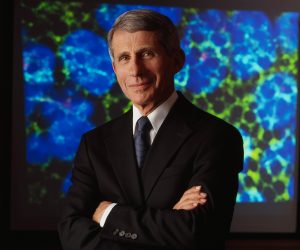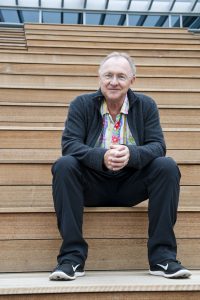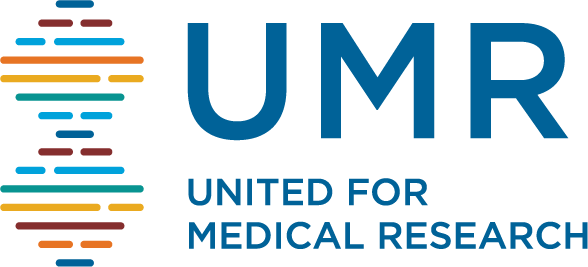Preventing Pandemic: How Ebola Prepared America for Coronavirus
The Ebola virus is a terrifying, rapidly fatal and until just recently untreatable disease with a mortality rate between 25% and 90%. In this episode of the Amazing Things Podcast, we take you inside the scientific discovery and the public-private partnership that turned the tide on Ebola and helped prepare America for the novel coronavirus. Featuring Dr. Anthony Fauci, head of the National Institute of Allergy and Infectious Diseases and Neil Stahl, Ph.D. of Regeneron Pharmaceuticals, Inc.
Summary


In this episode of the Amazing Things Podcast, we talk to Dr. Anthony Fauci, director of NIH’s National Institute of Allergies and Infectious Diseases and Regeneron Pharmaceutical Executive Vice President for Research and Development Neil Stahl and how their organizations supported the effort to develop effective treatments for Ebola.
A major outbreak of the Ebola virus in West Africa from 2014–2016 infected tens of thousands and captured worldwide attention as it traveled across borders and even made its way to the United States. While rare, Ebola is particularly frightening as it has eluded effective treatment since it first appeared in 1976. Approximately half of those who contract it will die.
However, in August 2019, a multinational effort — spearheaded by the World Health Organization, the National Institutes of Health (NIH) and the Institut National de Recherche Biomédicale — turned the tide on Ebola. Critical to this effort was the research and drug development efforts of private sector companies and the NIH.

